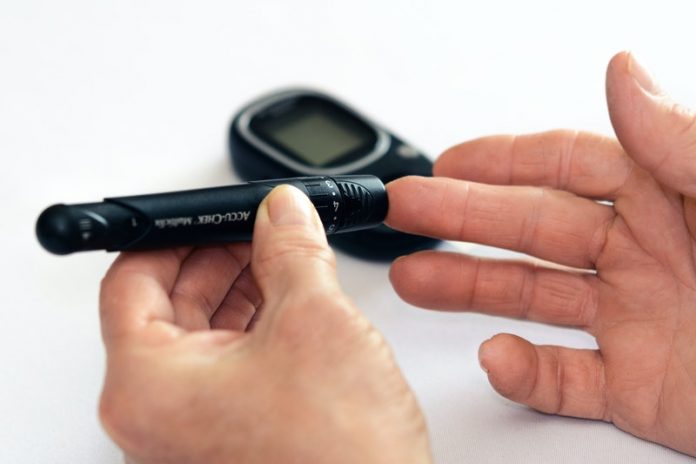
In a new study from Beaumont Hospital-Royal Oak, researchers found that people with prediabetes were much more likely to suffer a heart attack, stroke or another major cardiovascular event when compared with those who had normal blood sugar levels.
The findings could serve as a wake-up call for clinicians and patients alike to try to prevent prediabetes in the first place.
Prediabetes is a condition in which the average amount of sugar in the blood is high but not high enough to be diagnosed as Type 2 diabetes.
While Type 2 diabetes is a well-known, leading risk factor for heart attack, stroke and blockages in the heart’s arteries, the role of prediabetes has been less clear. Yet prediabetes is fairly common.
The U.S. Centers for Disease Control and Prevention estimates that 34 million Americans—just over 1 in 10—have diabetes, and another 88 million—approximately 1 in 3—have prediabetes.
In the study, the team used data from 25,829 patients and found that serious cardiovascular events occurred in 18% of people with prediabetes compared with 11% of people with normal blood sugar levels.
Based on the results, having prediabetes nearly doubled the chance of a major adverse cardiovascular event, which accounts for 1 out of 4 deaths in the U.S.
The team says doctors need to spend more time educating patients about the risk of elevated blood sugar levels and what it means for their heart health and consider starting medication much earlier or more aggressively.
Of particular concern was the finding that even when patients in the prediabetes group were able to bring their blood sugar level back to normal, the risk of having a cardiovascular event was still fairly high.
Events occurred in just over 10.5% of these patients compared with 6% of those with no diabetes or prediabetes.
The team says even if blood sugar levels went back to normal range, it didn’t really change their higher risk of having an event, so preventing prediabetes from the start may be the best approach.
As with diabetes, prediabetes is diagnosed based on results from blood sugar tests, including an A1C, which reflects someone’s average blood sugar for the past two to three months; a fasting plasma glucose test, which measures your blood sugar after not eating or drinking for at least eight hours beforehand; and/or an oral glucose tolerance test, which checks how well the body processes sugar after drinking a sweet drink given by the clinician.
Prediabetes is suspected with an A1C between 5.7-6.4%, fasting blood sugar of 100-125 mg/dl, or an oral glucose tolerance test of 140-199 mg/dl, according to the American Diabetes Association.
If you care about diabetes, please read studies about common diabetes drug may help achieve healthy aging and findings of a common cause of high blood pressure, heart disease, diabetes.
For more information about diabetes treatment and prevention, please see recent studies about a new way to reverse type 2 diabetes and deadly liver disease and results showing that this diabetes drug may harm your heart health.
The study was presented at the American College of Cardiology’s 70th Annual Scientific Session. One author of the study is Adrian Michel, MD.
Copyright © 2021 Knowridge Science Report. All rights reserved.



